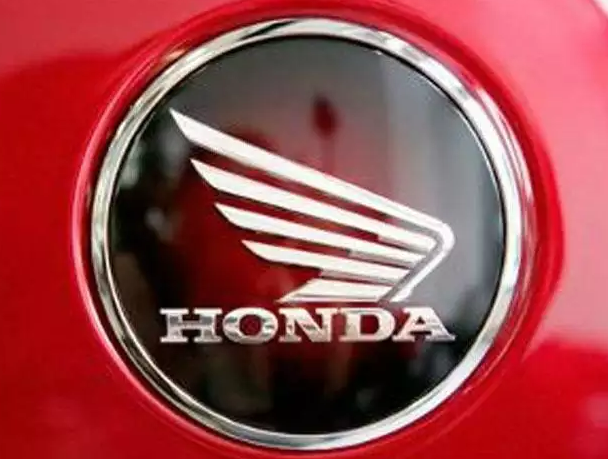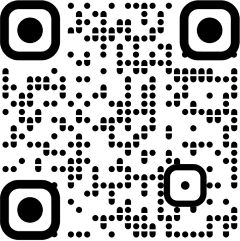
New Delhi: Honda Motorcycle & Scooter India (HMSI) announced on Wednesday its electric vehicle (EV) roadmap, aimed at creating a healthy and sustainable EV market in India. The roadmap is a blueprint for developing EV business Structure in India, which includes new EV technologies and infrastructure.
The company also announced its Future Business Direction for expansion of overseas business and production capacity in the upcoming financial year.
The 3Es of HMSI EV Roadmap in India are Factory ‘E’ – dedicated EV manufacturing facility; Platform ‘E’ dedicated EV platform; and Workshop ‘E’ – for EVs of the future.
Factory E is being established at HMSI’s Narsapura Plant in Karnataka is a specialized manufacturing facility to meet the production demand of electric vehicles. This factory will exclusively focus on the production of electric vehicles and has been designed to optimize production with high efficiency and maximum production value.
Honda’s EV will utilize domestically manufactured components such as batteries and PCU. The motor for HMSI’s EV will be designed and produced in-house by Honda.
The factory will play a significant emphasis on sustainability, with an 80% sustainable material ratio and close to 100% renewable energy rate. The advanced automated facility will ramp up in a stage wise manner to produce 1 million EV units by 2030.
Platform ‘E’ dedicated EV platform: HMSI has developed a futuristic EV platform – Platform ‘E’, which will serve as the foundation for a variety of EV models, including fixed battery type, swappable battery type, and mid-range EV.
Project Vidyut has been initiated by HMSI to introduce a new customer journey that caters to the demand of the electrification age. As a part of this project, HMSI will launch two new 2W EVs in FY2024. The first one, a mid-range Electric Vehicle and the second, a swappable battery type that utilizes the Honda Mobile Power Pack e:.
Workshop ‘E’ – for EVs of the future: HMSI’s objective is to provide its customers with a comfortable experience and a high-quality journey. To meet the needs of customers, charging stations will be installed across HMSI’s existing 6000+ network touchpoints. Eventually some of them being transformed into Workshop ‘E’, the exclusive set-up will house HEID battery exchangers and mini battery exchangers for swappable battery type and charging cables for fixed battery type. Additionally, HMSI plans to leverage the overall ecosystem, including Battery swapping stations at petrol pumps, metro stations, and other locations, to provide convenient battery swapping solutions for EV users.
Business direction for 2024
HMSI will complete the transition of its existing model line-up to the latest OBD2 regulation and E20 fuel compliance in the first half of the next financial year. Maintaining the highest level of Global Quality standards, HMSI has explored new opportunities for expanding business. Currently exporting 18 models to over 38 countries, HMSI also expanded export footprint in Oceania region with commencement of exports to Australia, New Zealand and providing powertrains for Global market from HMSI’s Gujarat Plant. With its long-term plans of Make in India for the World, HMSI will be expanding exports to 58 countries with 20 models in FY24. Realigning the production strategy, HMSI plans to soon start a new assembly line for scooters with an additional capacity of 6 lakhs at its Vithalapur Plant in Gujarat, the company’s media release said.

















